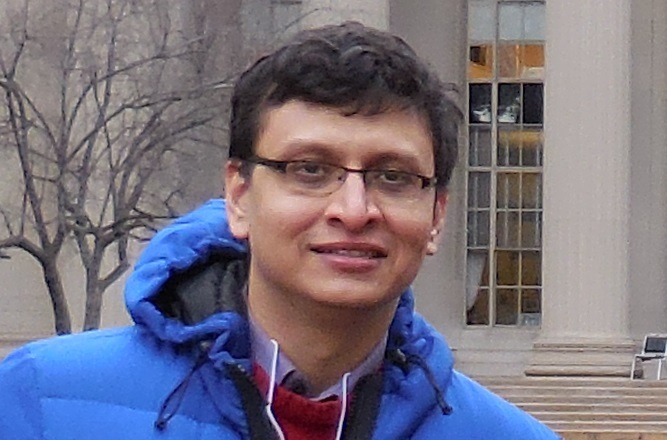The course is free to enroll and learn from. But if you want a certificate, you have to register and write the proctored exam conducted by us in person at any of the designated exam centres.
The exam is optional for a fee of Rs 1000/- (Rupees one thousand only).Date and Time of Exams: 27 March 2022 Morning session 9am to 12 noon; Afternoon Session 2pm to 5pm.
Registration url: Announcements will be made when the registration form is open for registrations.
The online registration form has to be filled and the certification exam fee needs to be paid. More details will be made available when the exam registration form is published. If there are any changes, it will be mentioned then.
Please check the form for more details on the cities where the exams will be held, the conditions you agree to when you fill the form etc.
CRITERIA TO GET A CERTIFICATE
Average assignment score = 25% of average of best 6 assignments out of the total 8 assignments given in the course.
Exam score = 75% of the proctored certification exam score out of 100
Final score = Average assignment score + Exam score
YOU WILL BE ELIGIBLE FOR A CERTIFICATE ONLY IF AVERAGE ASSIGNMENT SCORE >=10/25 AND EXAM SCORE >= 30/75. If one of the 2 criteria is not met, you will not get the certificate even if the Final score >= 40/100.
Certificate will have your name, photograph and the score in the final exam with the breakup.It will have the logos of NPTEL and IIT Bombay.It will be e-verifiable at nptel.ac.in/noc.
Only the e-certificate will be made available. Hard copies will not be dispatched.
Once again, thanks for your interest in our online courses and certification. Happy learning.
- NPTEL team
DOWNLOAD APP
FOLLOW US